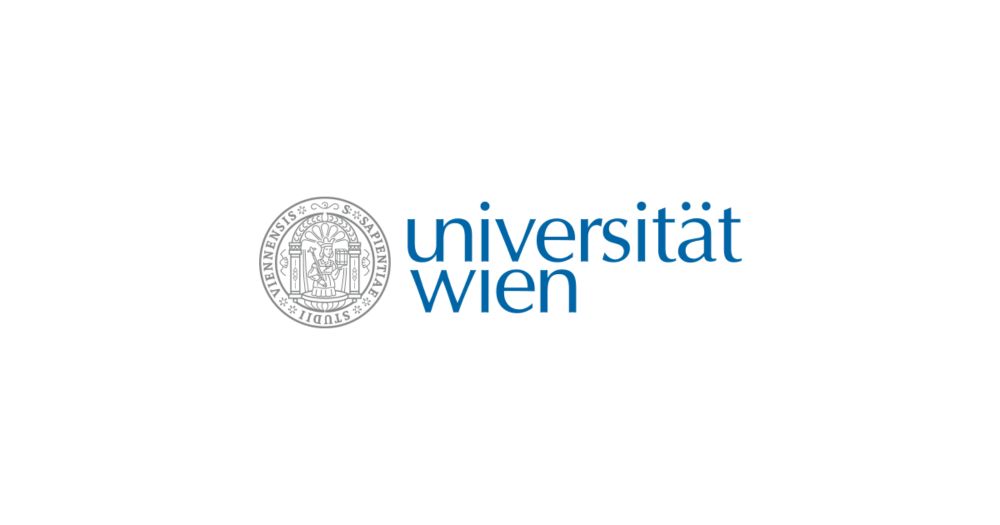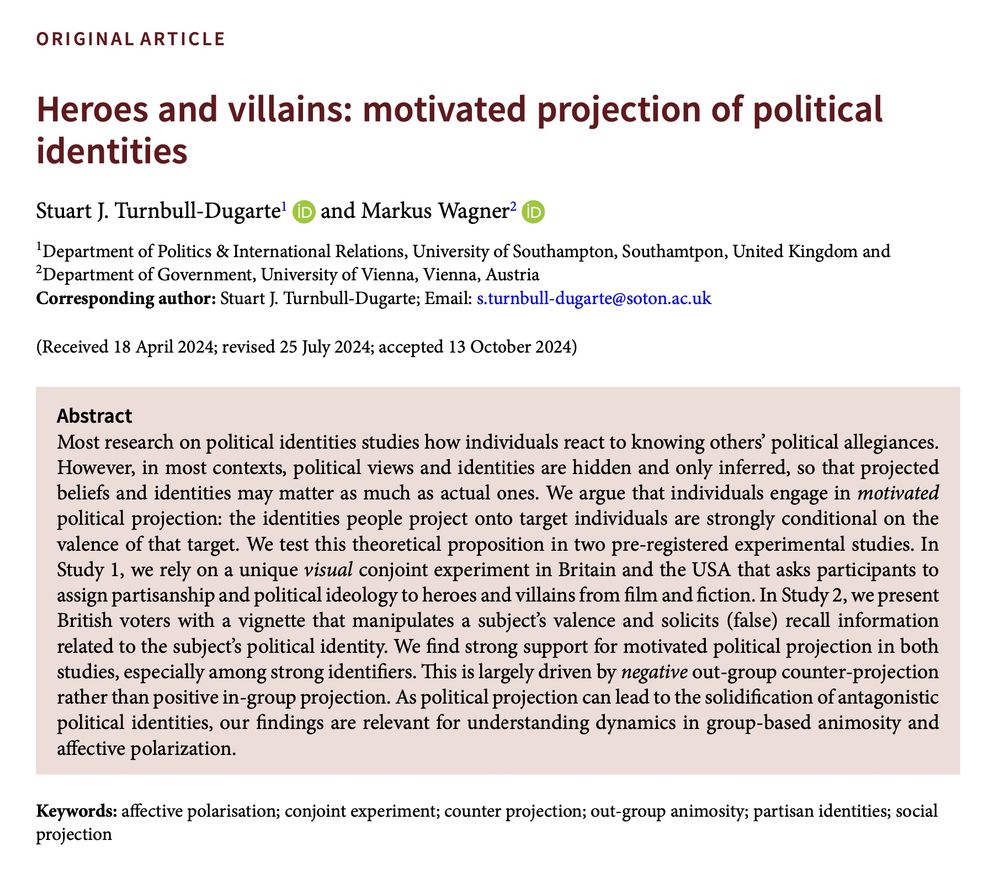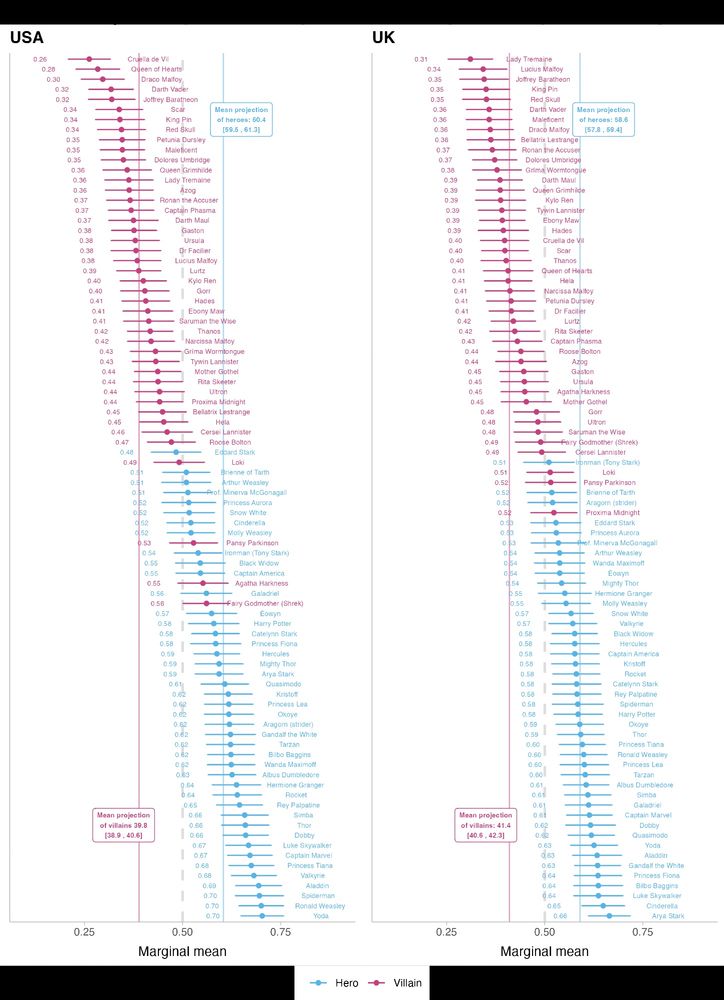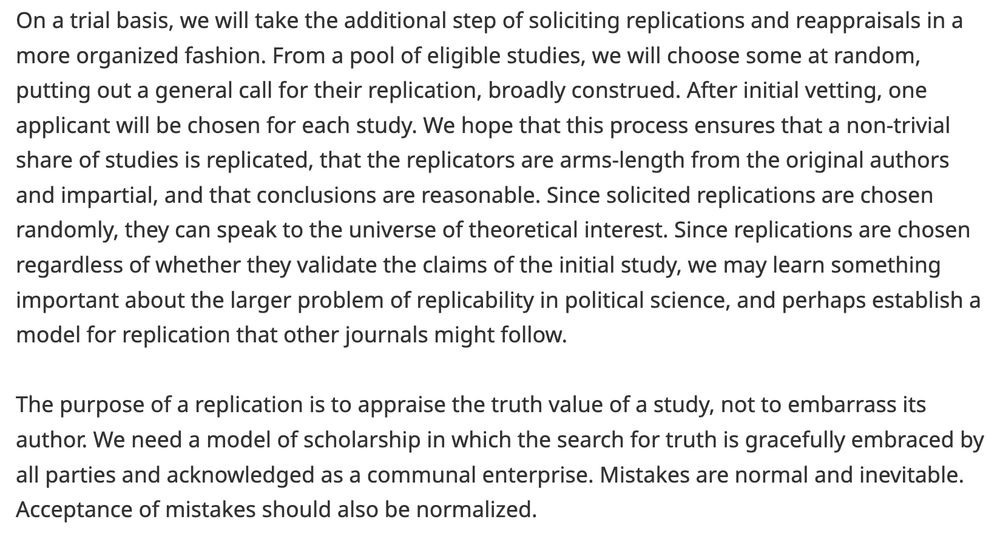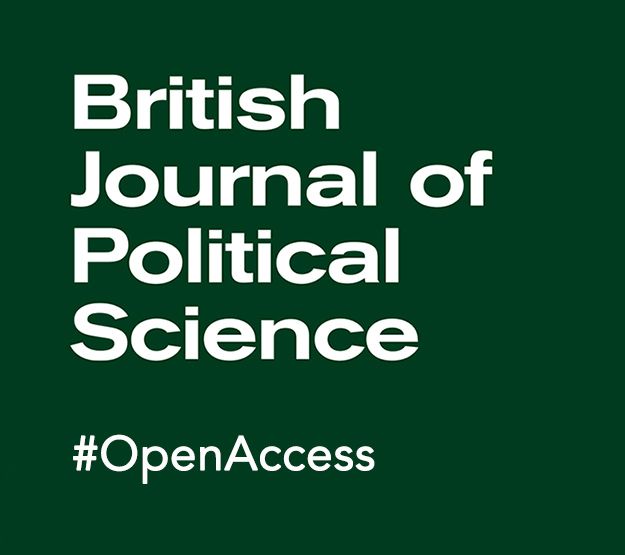Bence Hamrak
@bencehamrak.bsky.social
140 followers
150 following
19 posts
Phd researching public opinion and group identities @weareceu.bsky.social & representation @univie.ac.at | bencehamrak.github.io
Posts
Media
Videos
Starter Packs
Reposted by Bence Hamrak
Reposted by Bence Hamrak
Reposted by Bence Hamrak
Reposted by Bence Hamrak
Daniel Kovarek
@kovarek.bsky.social
· Aug 30

The effect of MEPs' local ties on perceived representation: Evidence from four EU member states - Daniel Kovarek, 2025
Concerned with the electoral and attitudinal effects of localness, a large literature studies how candidates’ and elected deputies’ local ties shape perceived r...
journals.sagepub.com
Reposted by Bence Hamrak
Bence Hamrak
@bencehamrak.bsky.social
· Aug 27
Bence Hamrak
@bencehamrak.bsky.social
· Aug 27

Identity after the ballot: How winning and losing impact partisan attachments and affective polarization
How do election outcomes shape partisan affective polarization? Drawing on theories of group identity, I examine how winning or losing elections affec…
www.sciencedirect.com
Bence Hamrak
@bencehamrak.bsky.social
· Aug 27

Identity after the ballot: How winning and losing impact partisan attachments and affective polarization
How do election outcomes shape partisan affective polarization? Drawing on theories of group identity, I examine how winning or losing elections affec…
www.sciencedirect.com
Reposted by Bence Hamrak
EPSS
@epssnet.bsky.social
· Jun 26
Reposted by Bence Hamrak
Reposted by Bence Hamrak
Reposted by Bence Hamrak
Reposted by Bence Hamrak
Daniel Kovarek
@kovarek.bsky.social
· Feb 24
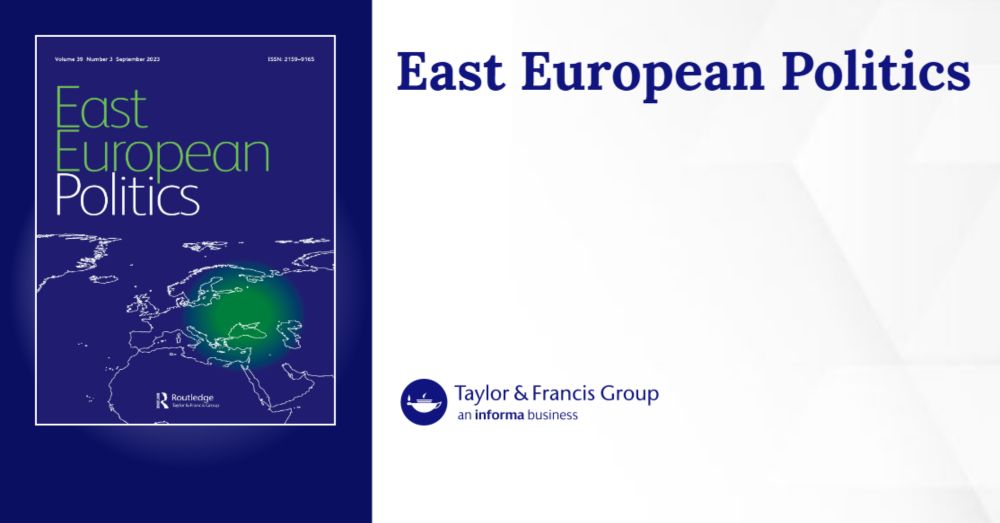
Elite defection and opposition realignment in Hungary: Respect and Freedom Party (TISZA) in the 2024 European Parliamentary elections
The 2024 European Parliamentary elections yielded an opposition landslide in Hungary. Respect and Freedom (TISZA), a genuinely new party led by a Fidesz defector, emerged as Orbán's unequivocal cha...
www.tandfonline.com
Reposted by Bence Hamrak
Reposted by Bence Hamrak
Reposted by Bence Hamrak
Reposted by Bence Hamrak
Bence Hamrak
@bencehamrak.bsky.social
· Nov 27
Bence Hamrak
@bencehamrak.bsky.social
· Nov 27




